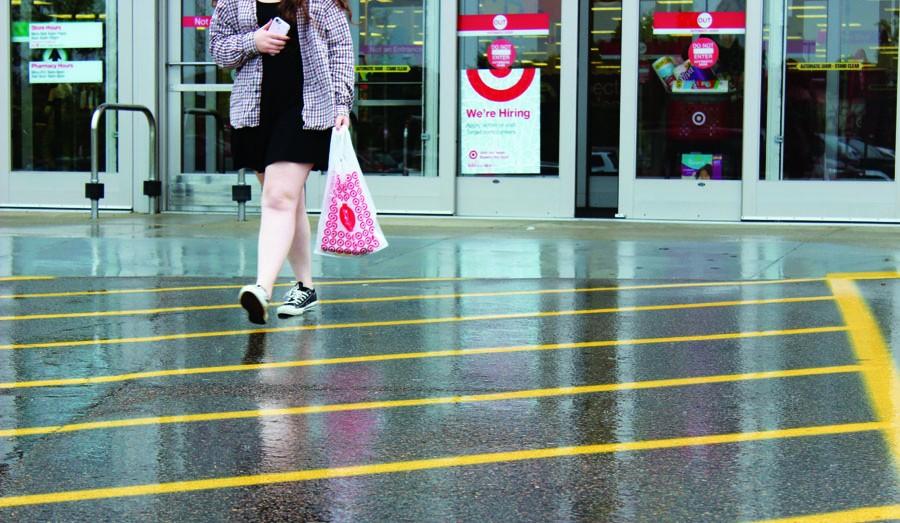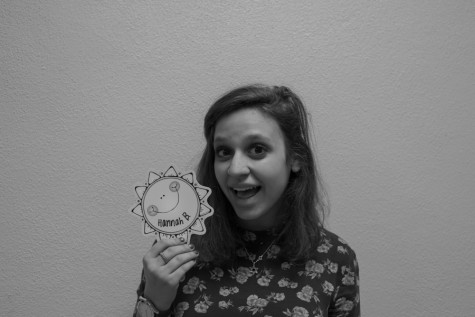Plastic bag ban in question
Public, industry input leads to alternative plan
September 25, 2015
Residents gathered in front of St. Louis Park’s City Council Sept. 2 at City Hall, ready to speak their minds about a potential policy to ban single-use plastic bags.
The public listening session was designed to bring new opinions to the forefront of the discussion, according to City Council member Jake Spano. He said the Council also held meetings over the summer with business and industry leaders to hear their thoughts.
“We started discussing it in the spring and since then, we’ve had an expert stakeholder panel that was convened a few weeks ago,” Spano said. “That included folks from the bag industry, lobbyists who work for the restaurants and retailers who would be most impacted.”
Spano said not one of people who spoke at the public listening session Sept. 2 had positive thoughts about the ban, even though they were in favor of increased environmental sustainability.
“From the public side, what we heard was people saying, ‘yes, we don’t like plastic bags, but maybe we should just incentivize the use of reusable bags,'” Spano said.
Spano said City Council plans to compile all the data received over the summer and revisit the issue in November. After that, he said the Council will decide if they want to go forward with a policy.
“Now what we’ll be doing is city staff will be taking all this data we’ve collected and all these opinions we’ve collected and they’ll be putting them together,” Spano said. “(They’ll be) coming back to the City Council to present us with a recommended policy or potentially no policy.”
Junior Megan Wojtasiak said she thinks banning plastic bags would harm businesses. She said everyone should reuse them instead of throwing them away.
“Plastic bags shouldn’t be banned because they are reusable,” Wojtasiak said. “Banning plastic bags would also have a bad economic impact on businesses that would have to switch their bag types.”
Spano said his main ideas about the policy evolved because of the meetings with industry leaders and Park residents.
“When I first came into this, my thought process was, we should get rid of them, they’re an eyesore, they fill up our landfills,” Spano said. “(But) the experts we’ve had and the public input we’ve had have made it clear to me that simply banning plastic bags may not necessarily be the answer.”
According to Spano, plastic bags make up only 1 percent of the waste going into the incinerator. Comparatively, he said, organic material, such as grass clippings, makes up 30 percent of the trash and non-recycled paper contributes to 17 percent.
Because of this, Spano said he wants to make sure the Council’s staff are spending their time on the right issue.
“My gut feeling is that I’d love to see (plastic bags) go away. But the reality is if we want to really make an impact on our environment, there might be other areas where our time and money is better spent,” Spano said.
Spano said even though there are no more public listening sessions scheduled, if students are interested in sharing their opinions, they can contact him on Twitter @SpanoJake.




